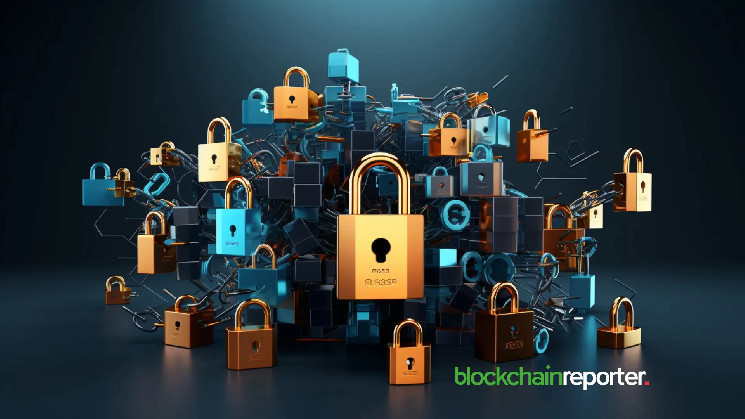Kroma, a Superchain-based optimistic rollup using zkEVM technology, recently unveiled its exclusive validation mechanism. With the release of Kroma’s exclusive project, Kroma Guardian House NFT and $KRO token holders can improve network security. The company announced this development on its official account on social media platform X.
Introducing Kroma’s new Validator system
Kroma’s new validator system introduces $KRO-based incentives, allowing $KRO token and Kroma Guardian House (KGH) NFT holders to improve network security.
Highlights:
• Validators deposit $KRO tokens to submit and validate results.
•… pic.twitter.com/BpebHGwjfc— Kroma (
_
) (@kroma_network) August 1, 2024
Kroma releases new validator mechanism, which takes into account contribution from KHG NFT and $KRO holders
In its latest post about the new project, Kroma noted that the latest validator mechanism offers $KRO-based incentives. They reportedly allow the people who own KGH NFTs and $KRO coins to contribute to security. For this purpose they can use the delegation procedure. This makes the Kroma network a relatively resilient and safe forum.
Additionally, the effort also reduces the barrier for non-technical customers to participate in on-network validation. On the 5e in September last year, Kroma performed its mainnet launch, providing the permissionless validator mechanism. Since then, more than 360 validators have registered with the platform. In addition, several validators have reportedly submitted more than 7,500 checkpoint outputs.
As a result, Kroma has supported decentralized state settlements and withdrawals. The latest validator mechanism takes into account KGH delegators, KRO delegators and validators as participants. Apart from that, it selects validators with a priority equal to the number of $KRO tokens they delegate. If a priority validator fails to submit an output in the priority round, this results in the opening of the public round.
The initiative overcomes the limitations of the current validator system
Upon surrender, the deposited $KRO coins are partially bound. When the bonded tokens complete the challenge phase, the bonded $KRO coin witnesses its release. The validator then receives rewards in exchange for submitting its output. Kroma claimed that the introduction of this unique validator mechanism goes beyond the limitations of the current validator system.

